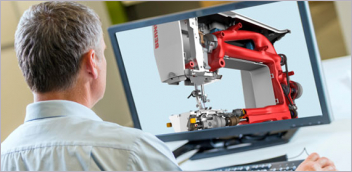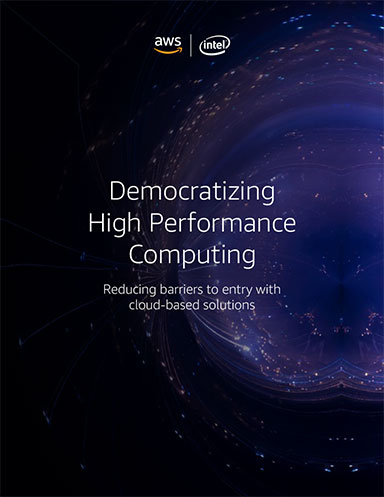NVIDIA Releases Quantum Optimized Device Architecture
QODA is an open, unified environment for powerful computers and quantum processors.

The NVIDIA Quantum Optimized Device Architecture, or QODA, is designed, according to NVIDIA, to make quantum computing more accessible. Image courtesy of NVIDIA.
Latest News
July 18, 2022
NVIDIA offers a unified computing platform for breakthroughs in quantum research and development across artificial intelligence (AI), high-performance computing (HPC), health, finance and other disciplines.
The NVIDIA Quantum Optimized Device Architecture, or QODA, is designed, according to NVIDIA, to make quantum computing more accessible by creating a coherent hybrid quantum-classical programming model. QODA is an open, unified environment for powerful computers and quantum processors, improving scientific productivity and enabling greater scale in quantum research.
HPC and AI domain experts can use it to easily add quantum computing to existing applications, leveraging quantum processors, as well as simulated future quantum machines using NVIDIA DGX systems and a large installed base of NVIDIA GPUs available in scientific supercomputing centers and public clouds.
“Scientific breakthroughs can occur in the near term with hybrid solutions combining classical computing and quantum computing,” says Tim Costa, director of HPC and Quantum Computing Products at NVIDIA. “QODA will revolutionize quantum computing by giving developers a powerful and productive programming model.”
Learn more about NVIDIA QODA.
Sources: Press materials received from the company and additional information gleaned from the company’s website.
More NVIDIA Coverage
Subscribe to our FREE magazine, FREE email newsletters or both!
Latest News
About the Author
DE’s editors contribute news and new product announcements to Digital Engineering.
Press releases may be sent to them via DE-Editors@digitaleng.news.






